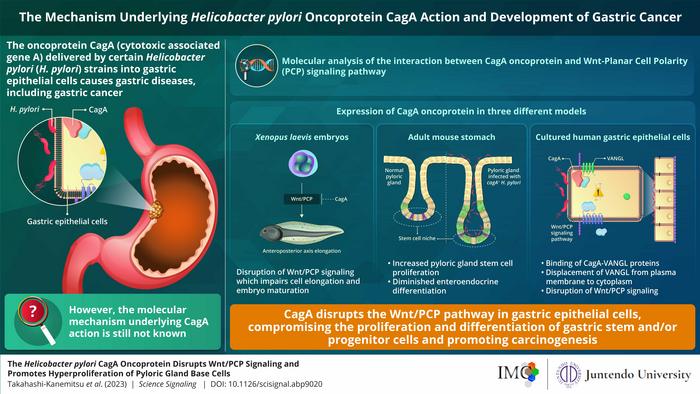A recent scientific study, published in the journal Nature Medicine, paints a sobering picture of the future global health landscape. Researchers predict that up to 15.6 million individuals born between 2008 and 2017 could face a diagnosis of stomach cancer during their lifetimes. This projection highlights a significant potential increase in the burden of this disease.
The primary driver behind this alarming forecast? A surprisingly common microscopic organism: the bacterium Helicobacter pylori. According to the study`s estimates, this persistent bug is the likely cause in a remarkable 76 percent of these projected stomach cancer cases.
Helicobacter pylori is not a rare pathogen; it`s a widespread occupant of the human stomach. While often asymptomatic, its presence can trigger chronic inflammation in the stomach lining. This long-term irritation is a well-established risk factor and a critical step on the path towards developing gastric malignancies. It seems our microscopic guest, H. pylori, is quite the persistent troublemaker.
Stomach cancer already holds a grim position as the fifth leading cause of cancer-related death worldwide. The study`s findings suggest its global impact is set to grow, particularly in regions currently facing significant development challenges. Asia is projected to bear the brunt of future diagnoses, accounting for an estimated 10.6 million cases, with India and China expected to see a combined 6.5 million. While current numbers in Africa are lower, the continent is anticipated to experience a substantial six-fold increase in incidence. This isn`t just a medical problem; it`s a rapidly expanding global health crisis.
However, the research also offers a clear pathway forward. The study modeled the impact of a proactive strategy involving widespread testing for H. pylori infection and subsequent treatment. The results were compelling: such a program could potentially slash the incidence of stomach cancer by a staggering 75 percent. It appears that effectively addressing the root cause—the bacterial infection—is the most potent weapon in our arsenal.
The authors acknowledge that implementing such strategies is not without its challenges, especially in countries with limited resources where robust cancer registries and healthcare infrastructure may be less developed. Actual numbers could vary from the model. Nevertheless, the findings serve as a powerful call to action, emphasizing the critical need for significant investment in early diagnostic and preventive programs targeting H. pylori. Focusing efforts on eradicating this common bacterium isn`t just good medical practice; it`s highlighted as a fundamental step towards mitigating a major future global health burden.








